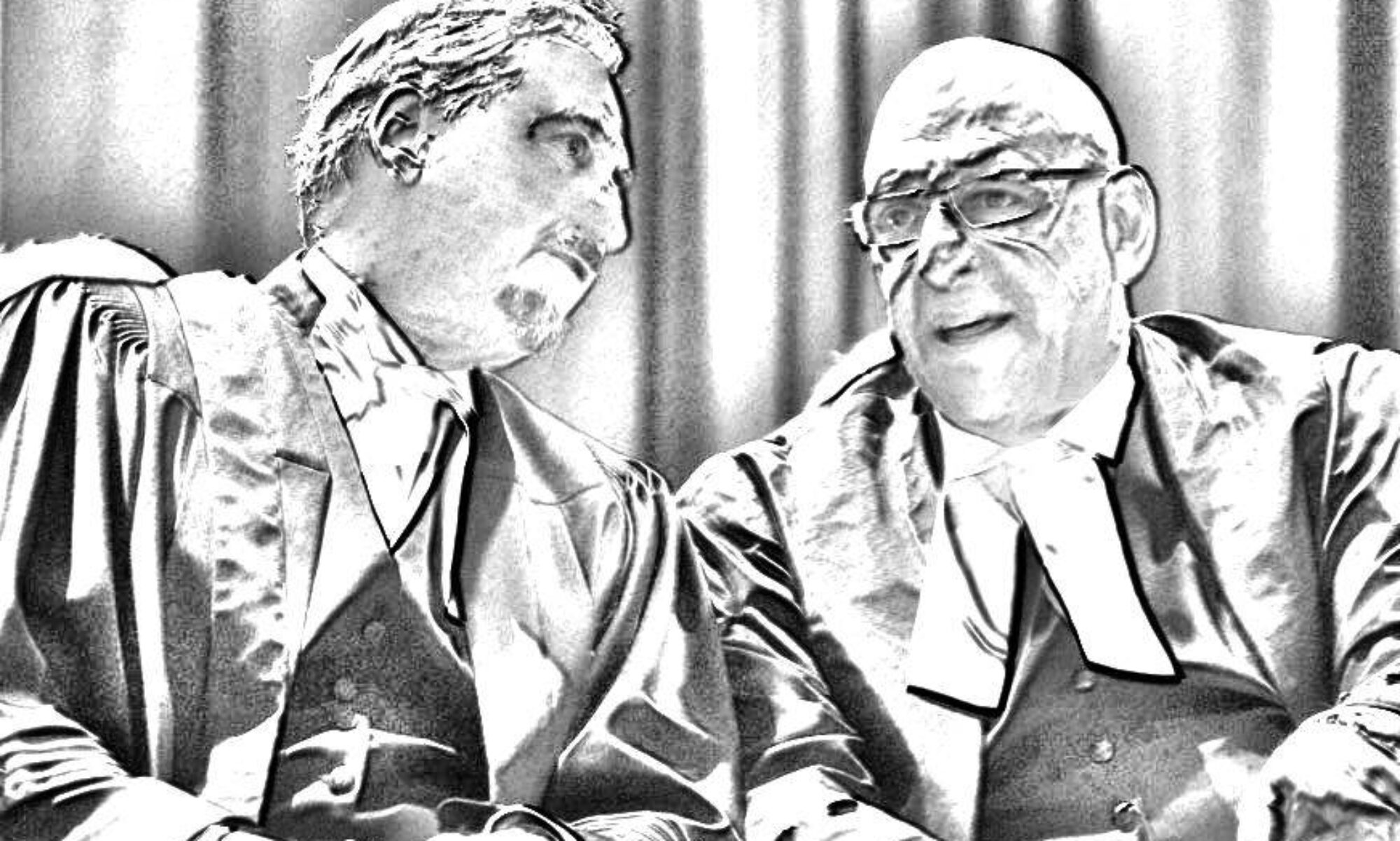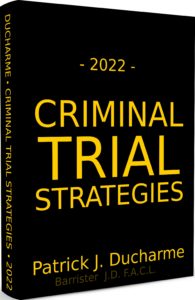Every Judge alone trial will be conducted either before a Superior Court Judge or a provincial Judge. Section 561 provides these options as distinct from a trial by jury. If the accused has been committed to trial following a preliminary inquiry and has chosen to be tried by a Judge sitting without a jury, the trial will take place before a Superior Court Judge sitting alone, that is, without a jury.
If the accused is charged with an offence that is in the absolute jurisdiction of the provincial court, the trial will be before a provincial court Judge without a jury. The offences that are in the absolute jurisdiction of the provincial court are listed in section 553 of the Code. The offences listed in section 553 fall within the absolute jurisdiction of a provincial court Judge. This means that the accused does not have an election as to the modes of trial permitted by section 536 of the Code.
If the offence in question is not one over which the provincial court has absolute jurisdiction, then the accused will be put to his or her election under subsection 536(2). For all summary conviction offences, and, by this we mean offences that are either purely summary or hybrid offences for which the prosecutor elects to proceed by way of summary conviction, the summary conviction court (as defined in section 785 of the Code) is the required jurisdiction to be used to conduct the accused’s trial.
The above is the an excerpt of Patrick J Ducharme’s book, Criminal Trial Strategies, available at Amazon or in bulk through MedicaLegal Publishing.
Read or listen to the Preface and Introduction and subscribe to Patrick Ducharme’s Youtube Channel.

